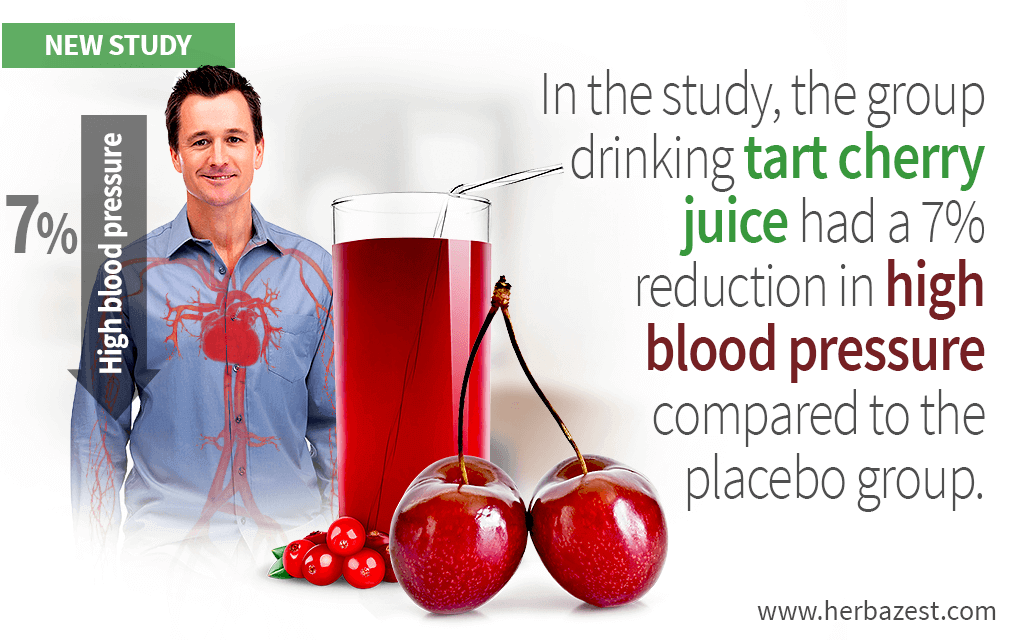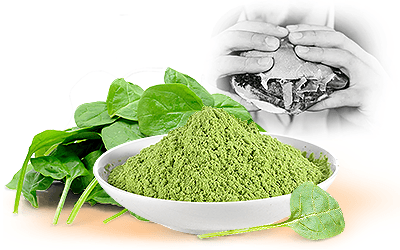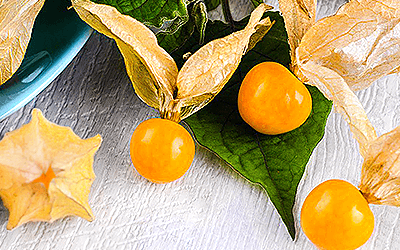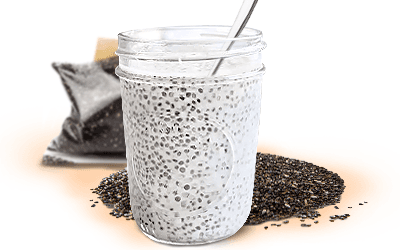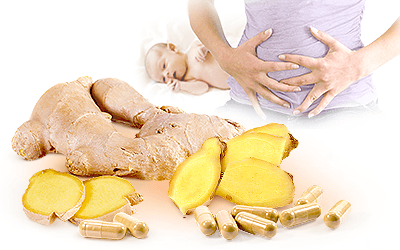A new placebo-controlled, blinded, crossover trial published in the American Journal of Clinical Nutrition shows that the phytonutrients in Montmorency tart cherries (Prunus cerasus) have a beneficial effect on early hypertension, or blood pressure slightly higher than the ideal 120/80 mmHg. The research was conducted by a team led by Karen M. Keane at Northumbria University in Newcastle upon Tyne, England.
The Study
15 men ages 22 - 40 exhibiting early hypertension participated in the experiment. In the first stage of the study, about half the participants consumed 60 mL of tart cherry juice, while the rest consumed a fruit cordial that served as a placebo. The researchers took blood samples and measured cardiovascular markers before the study, as well as at one, two, three, five, and eight hours after the consumption of the cherry juice or placebo. They also recorded the participants' blood pressure every hour.
Two weeks later, participants returned for the second stage of the study, and once again, blood samples were drawn and vascular parameters measured. Those who previously drank the cherry juice now consumed the placebo, and vice versa, though the participants did not know which they were drinking.
The Results
A 7% reduction in blood pressure was seen in the cherry juice group compared to the placebo group, which is equivalent to antihypertensive drugs currently prescribed. The reduction was greatest three hours after the participants had consumed the drink. The drop in blood pressure was associated with the highest blood plasma concentration of phenolic compounds, particularly vanillic acid and protocatechuic acid.
What Does This Mean?
High blood pressure is a well-known risk factor for heart disease. Montmorency tart cherry juice could function as a way to lower blood pressure in the early stages of hypertension. In addition, the beneficial phytonutrients in the cherry drink have high bioavailability, meaning that they are easily absorbed and used by the body.
This study is not without its limitations, however. In addition to using a small sample size, the study only examined short-term cherry juice consumption; it is unknown whether the same results would be produced with long-term consumption. Similarly, although sweet cherries (Prunus avium) and other varieties of tart cherries also contain high levels of phenolic compounds, it is not known if these other types of cherry juice would produce the same effect. It is also important to consider the funding of the study, which was jointly provided by the Cherry Marketing Institute and Northumbria University.
Despite these shortcomings in the study, Montmorency cherry juice is no doubt a great part of a polyphenol-rich diet.
Sources
- Food Chemistry, High concentrations of anthocyanins in genuine cherry-juice of old local Austrian Prunus avium varieties, 2015
- Northumbria University, High blood pressure lowers significantly after drinking tart Montmorency cherry juice
- American Journal of Clinical Nutrition, Effects of Montmorency tart cherry (Prunus cerasus L.) consumption on vascular function in men with early hypertension, 2016
- Journal of Agricultural and Food Chemistry, Evaluation of sour cherry (Prunus cerasus L.) fruits for their polyphenol content, antioxidant properties, and nutritional components, 2014

